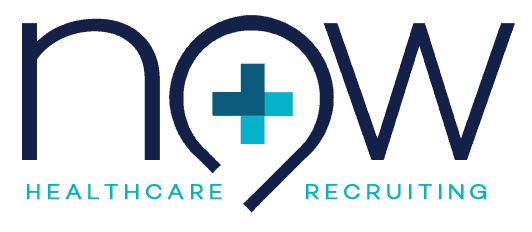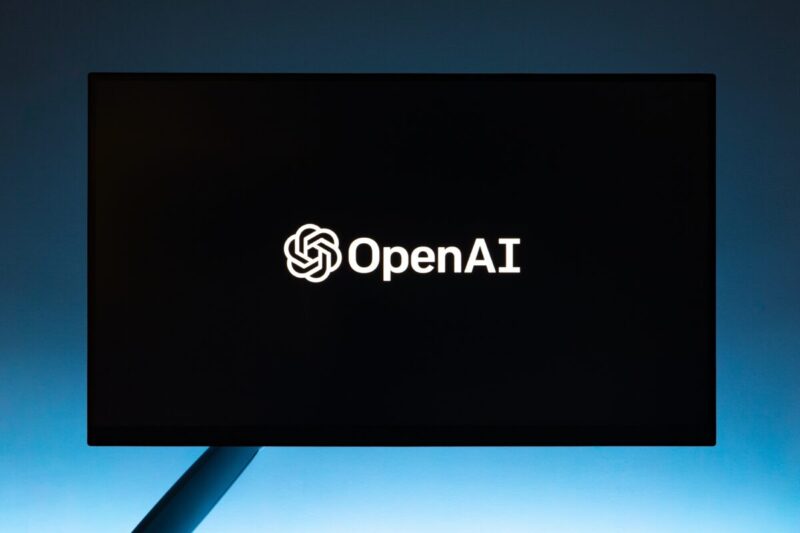AI is reshaping the landscape for physicians, physician assistants and nurse practitioners in several ways, revolutionizing healthcare delivery, decision-making, and patient outcomes:
1. Diagnostic Support: AI-powered tools assist in diagnosing diseases by analyzing medical imaging, lab results, and patient data. These systems can highlight potential issues, offering additional insights that aid healthcare professionals in making more accurate diagnoses.
2. Treatment Personalization: AI algorithms analyze vast amounts of patient data to suggest personalized treatment plans based on individual characteristics and medical history. This helps in creating tailored approaches to patient care, optimizing treatment effectiveness.
3. Administrative Support: AI streamlines administrative tasks, such as scheduling appointments, managing electronic health records (EHRs), and handling billing. This frees up more time for healthcare providers to focus on patient care.
4. Remote Monitoring and Telemedicine: AI facilitates remote patient monitoring through wearable devices and sensors, collecting real-time data. It enables healthcare professionals to monitor patients’ health status remotely and intervene when necessary, improving access to care, especially in remote areas.
5. Drug Discovery and Development: AI accelerates drug discovery processes by analyzing vast datasets to identify potential drug candidates, predict their efficacy, and simulate their impact. This speeds up the development of new treatments and medications.
6. Predictive Analytics for Healthcare Management: AI predicts disease outbreaks, patient admission rates, and resource allocation needs within healthcare facilities. This assists in optimizing staffing, managing resources efficiently, and improving overall healthcare delivery.
7. Continuous Learning and Decision Support: AI systems continually learn from new data and medical literature, providing healthcare professionals with the latest information and evidence-based recommendations, aiding in clinical decision-making.
Here are 3 ways AI is practically being implemented for physicians, nurse practitioners and physician assistants:
Natural Language Processing (NLP): NLP-powered tools help extract information from unstructured medical notes, transcripts, or patient records. This assists in organizing and summarizing data, allowing physicians to quickly access relevant information during patient consultations.
Virtual Assistants and Chatbots: AI-powered virtual assistants and chatbots handle routine inquiries, appointment scheduling, and initial patient assessments. These tools enhance patient engagement and free up time for physicians to focus on complex cases.
Genomic Analysis: AI aids in analyzing vast amounts of genomic data to identify genetic patterns, mutations, or predispositions to certain diseases. This assists physicians in offering personalized treatment plans based on a patient’s genetic makeup.
While AI presents remarkable opportunities for physicians, physician assistants and nurse practitioners, its implementation also raises concerns about data privacy, security, the ethical use of patient data, and the need to maintain a balance between technology and human touch in healthcare delivery. Collaborative efforts between AI systems and healthcare providers can lead to more effective, efficient, and personalized patient care.
From the Desk of David Wolfe, Founder and CEO
NOW Healthcare david@nowhealthcare.org

